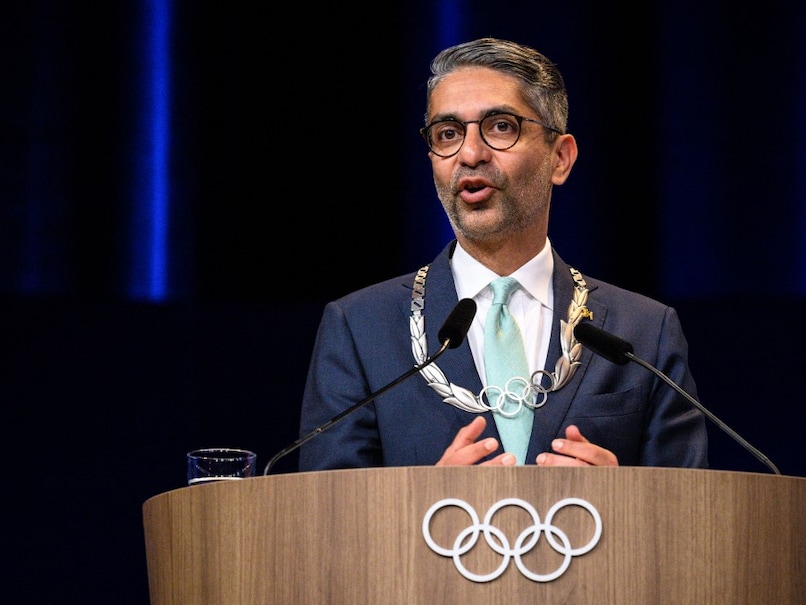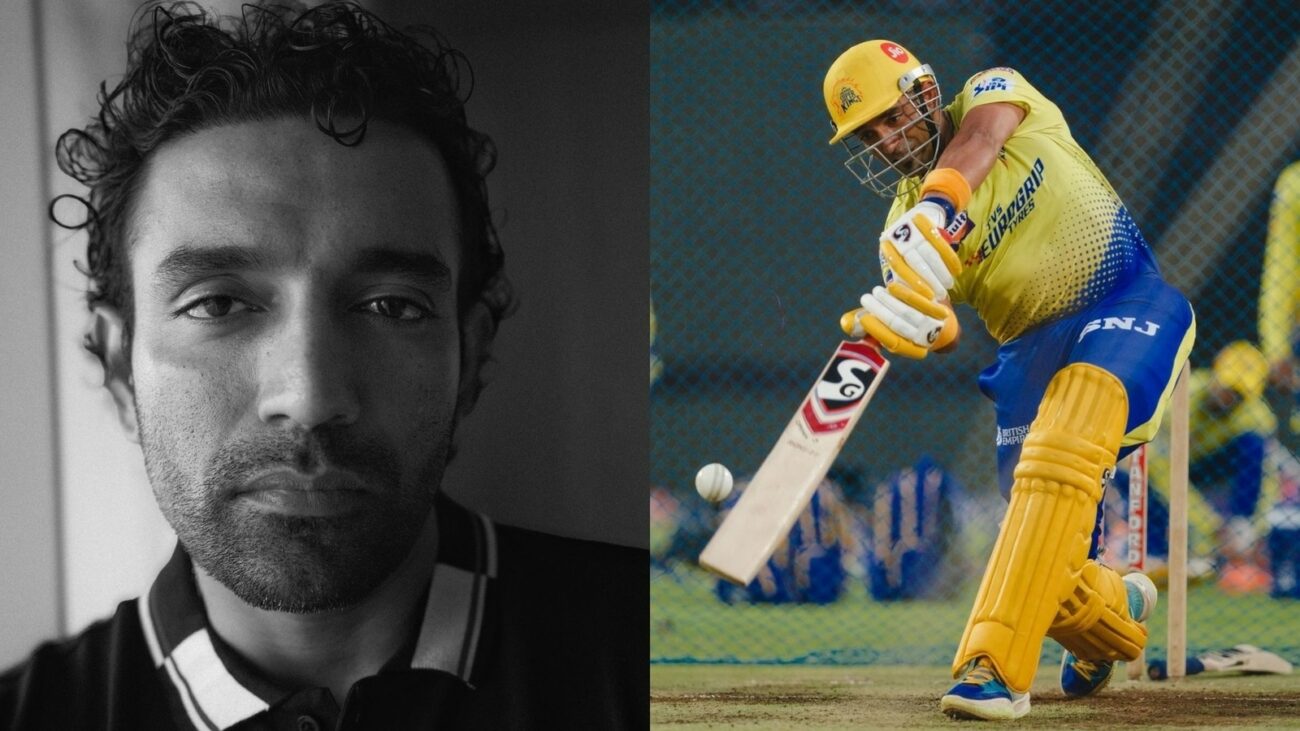Abhinav Bindra: Mental Health Training for Indian Athletes a Work in Progress
Olympic gold medalist Abhinav Bindra has emphasized the importance of prioritizing mental health training for Indian athletes across all sports. He acknowledges that while progress is being made, there is still much work to be done to ensure that the benefits of mental health support reach the grassroots level.
Bindra believes that mental health directly influences an athlete’s overall well-being and performance. He stresses that sports administrators share equal responsibility in ensuring the well-being of athletes. He cites the presence of a mental health expert with the Indian contingent at the Paris Olympics as a positive step in the right direction.
Bindra rejects the notion that athletes today are “softer” than those in the past. He argues that the results and history of sports show that the “softer” athletes are actually winning more. He shares his personal experience of how a meditation course helped him rediscover his love for shooting after winning the Olympic gold in 2008.
Bindra acknowledges that he was guilty of not realizing his full potential because he judged himself based on tournament outcomes. He believes that athletes need to humanize their efforts and not equate their worth to their rankings or achievements. By focusing on the process and enjoying the journey, athletes can reach their true potential.
Bindra emphasizes the need for a balanced approach to athleticism, where both physical and mental health are prioritized. He believes that this balance will help athletes achieve their goals and live fulfilling lives beyond sports.


